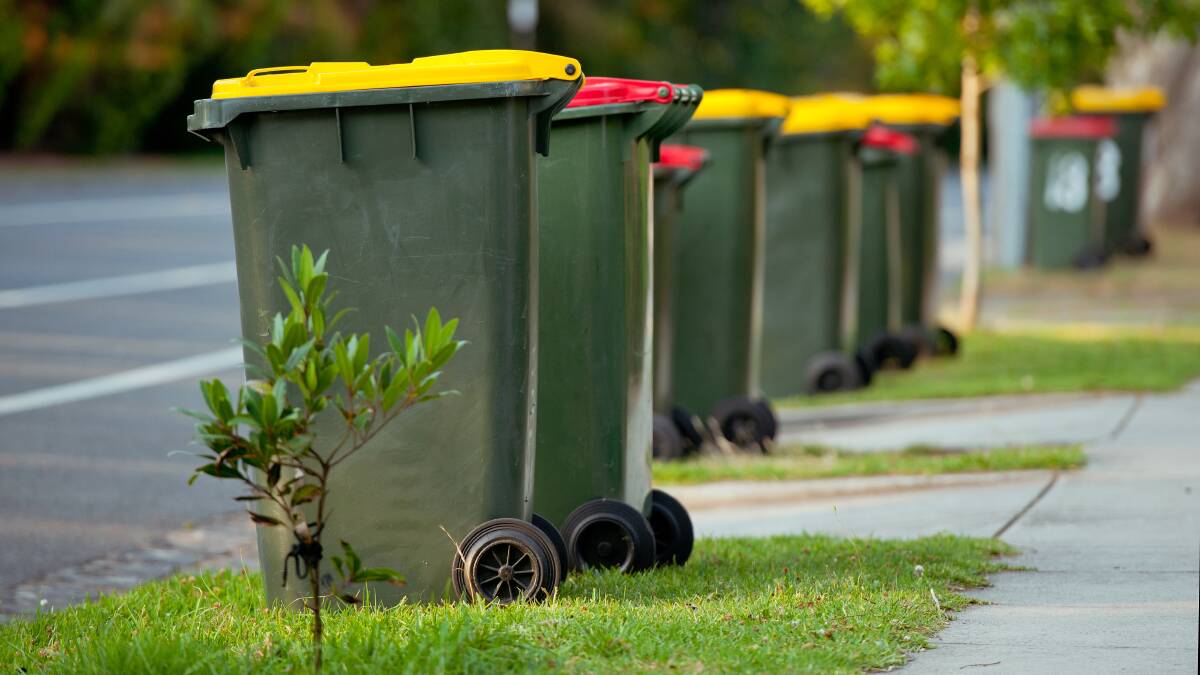Setting a course for net zero obviously requires titans of industry, government, and businesses to work together, but without the involvement of everyday Australians, such a target will remain out of reach even as the clock ticks faster towards the point of no return in the climate crisis.
The independent Climate Change Authority's warning that time is running out for Australia to make a prosperous transition to net zero emissions has the government racing to roll out an ambitious plan to revive manufacturing and achieve a clean economy through its Future Made in Australia Act.
The reality is that the milestone of net zero by 2050 simply can't happen without the consent and active support of every person in the country. The push towards sustainability is underpinned by consumer behaviour and every choice that we make will collectively determine the success or failure of the net zero initiative. From the cars we drive to the foods that we eat, how Australians live their lives is intimately tied to sustainability outcomes.
And the sad truth is we have a very low scorecard when it comes to our environmental footprint. According to the World Wildlife Fund's Living Planet report, out of 152 countries Australia ranks eighth in the destruction of the world's natural resources. For a population of 24 million we are punching above our weight as we disproportionately consume an average of 27kg of clothing per person per year, at the same time sending 200,000 tonnes of textiles and clothing to landfill each year.
Australia is also a world leader in meat consumption, consuming a huge 110kg of meat per capita annually. Despite this, a survey found that young Australians remained unaware of the impact of livestock and meat consumption on the environment.
While it's been found that 10 companies are responsible for a third of Australia's greenhouse gas emissions, unsustainable consumer behaviour likely accounts for a significant portion of the remaining two thirds. It's great that the government is trying to shift Australia away from its historical reliance on raw material exports to a greener, manufacturing-based economy, but what is it doing to address the impact of millions of individual decisions made by Aussie consumers?

Before naysayers throw this in the too-hard basket, remember the government has led consumers to more sustainable behaviour before with its ban on single-use plastics. The move to incentivise and subsidise EVs is another initiative that directly targets individuals to make better choices. Perhaps instead of focusing solely on clean energy, it should extend the scope of its action plan to include other innovative and sustainable businesses and industries.
Sustainability must start at home, and there are countless businesses out there already making inroads in helping consumers reduce waste, conserve water and energy, recycle, and minimise their environmental footprint. Education and public engagement are paramount; Aussies need to be informed and empowered to make environmentally friendly choices instead of being left out of the equation entirely. For a good number of Australians, sustainability is a key purchase criterion but cost-of-living pressures and fear of greenwashing has derailed well-intentioned consumers from factoring in the environment at the till.
Statistics show that when possible Australians are doing what they can: 77 per cent of shoppers bring their own bags, 62 per cent recycle, 41 per cent reduce new product purchases, and 17 per cent recommend eco-friendly products to others. The government can take this further by introducing programs that encourage sustainable living such as incentives for using renewable energy, subsidies or offsets for sustainable businesses, and working with sustainable businesses to educate the public on how they can help achieve net zero. They can create a public directory of eco-friendly alternatives to wasteful products.
The government must make it less costly and burdensome for consumers to be environmentally friendly and there needs to be more education on sustainability practices targeted at all segments of society.
Finally, we need to broaden the conversation around the Future Made in Australia Act to include room for individual action as this will foster a more holistic and inclusive strategy where every Australian can contribute to the nation's sustainability goals. While the government's plan is a promising step towards reshaping Australia's economic and environmental prospects, it should not be the only step. With our future at stake, it's only fair that Australians are given the chance to do their bit for the environment.
- Barb de Corti is chief executive of ENJO and Sante Australia.

